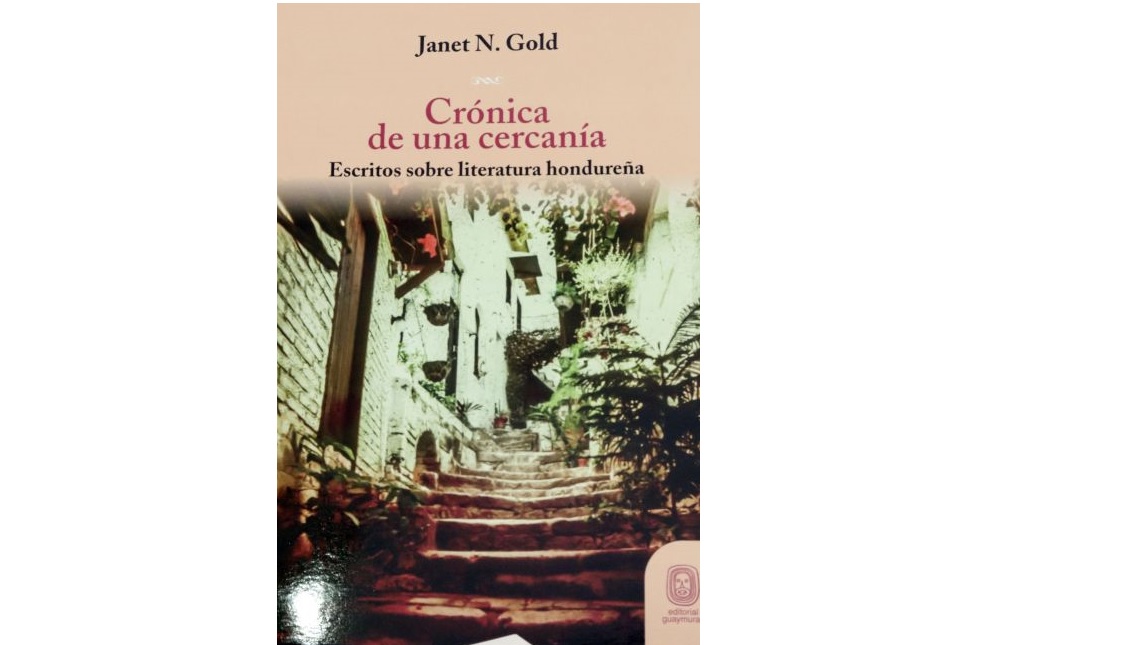
An American teacher's love affair with Honduras
Janet N. Gold arrived in Honduras in 1971 to teach at the American School. It was her first time in the country. She knew almost nothing about its culture or history, except its location on a map.
in a recent interview with EFE, this American professor, already retired, explained that the day after arriving in Tegucigalpa, when she drew the curtains from the double glass door of her room in a boarding house, overlooking the street, she saw a crowd marching towards the central square shouting and singing, holding posters in the streets. They demanded that the "American educators return to Florida and that Honduras claim their cultural independence."
Janet never imagined that from that moment on, she would develop a close relationship with Honduras, its culture, and especially, its writers.
Her love with Honduras has continued until today.
After her stay in Honduras, she ultimately earned a Ph.D. in Latin American literature with a dissertation on the Honduran poet Clementina Suárez, who she had the opportunity to befriend during her time in the country.
Almost 40 years later, Gold, who used to be a professor of Spanish at New Hampshire University and is now retired, has published a new book : “Crónica de una cercanía. Escritos sobre literatura hondureña" / "Chronicle of a Closeness. Writings on Honduran Literature ".
Her new book includes the work of some of the writers and intellectuals she met, who have already passed away, including Clementina Suárez, to whom she also dedicated a biography under the title "Portrait in the Mirror,” as reported in EFE.
CONTENIDO RELACIONADO
The book was intended to be a retrospective, “a chronicle of my impressions of the culture of Honduras over time," said the writer during the book presentation in Tegucigalpa last week.
The book leads the reader through the world of a Honduran woman in poetry and presents a vision of how the literature scene changed after the coup d'état of 2009 to the then President Manuel Zelaya, as reported in EFE.
Among the authors she included in the book are Amanda Castro, Leticia de Oyuela, Roberto Castillo and Roberto Sosa.
Gold's commitment to Honduran culture has been alive during her entire career. In 2010, Gold was teaching a course in New Hampshire University called “Cultural Survival: Indigenous and Rural Communities of Central America.” One of the major themes that it explores is the work of non-government organizations (NGOs) that support the survival of these communities through such projects as sustainable agriculture, the revival of traditional handcrafts, and the preservation of indigenous languages.
During the program, she traveled to Santa Lucía, a village in the mountains outside of Tegucigalpa, where Ngo Aldea Global (Global Village) was working with the local community to establish a cultural center, "la biblioteca." The town is located in an area of Honduras originally settled by the Lenca people, where the discovery of mineral wealth, particularly gold and silver, attracted first Spanish, then British, German, Canadian and U.S. investors and miners, as she explained on the university website. Gold helped Global Village in supporting a local history project that involves the recovery of historical documents and the restoration of old photographs as well as extensive interviews with the town's elders. The goal is to produce a book that not only documents the village’s past but celebrates the oral tradition and helps preserve precious historical memories.
Gold, the author of five books, is now retired and lives in Maine facing the Atlantic.



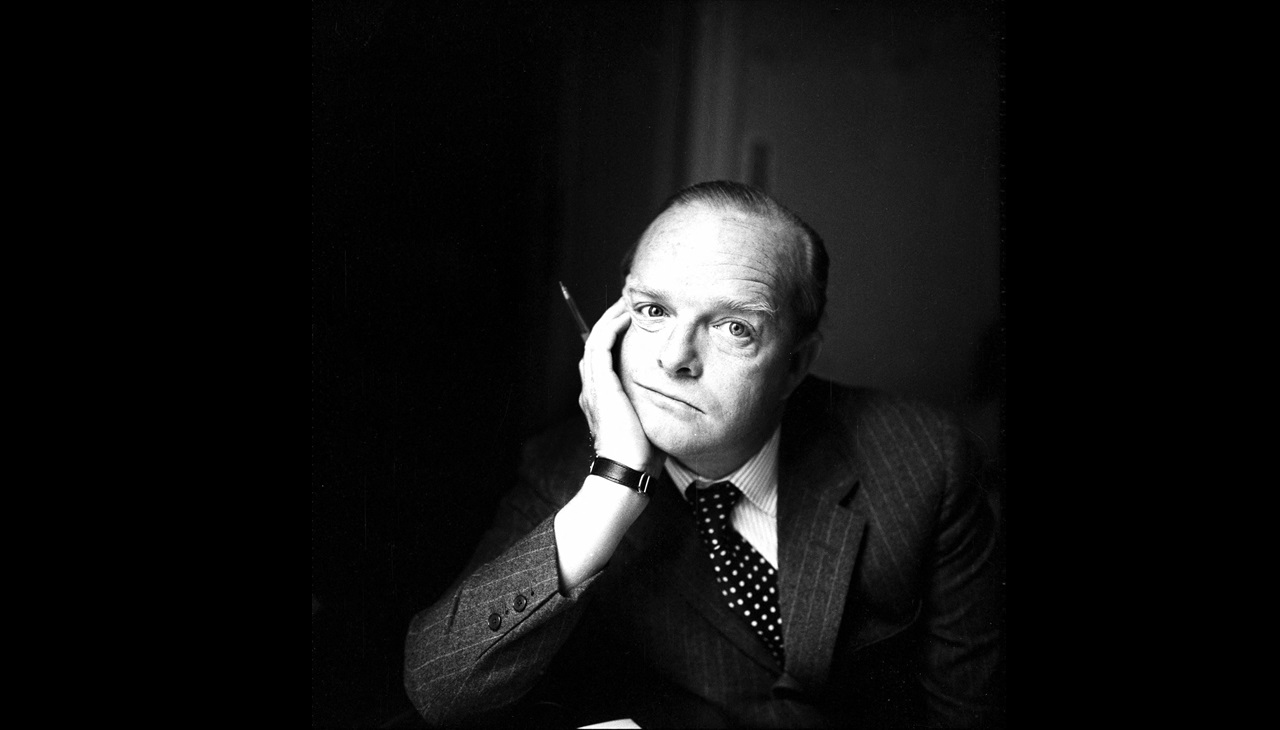

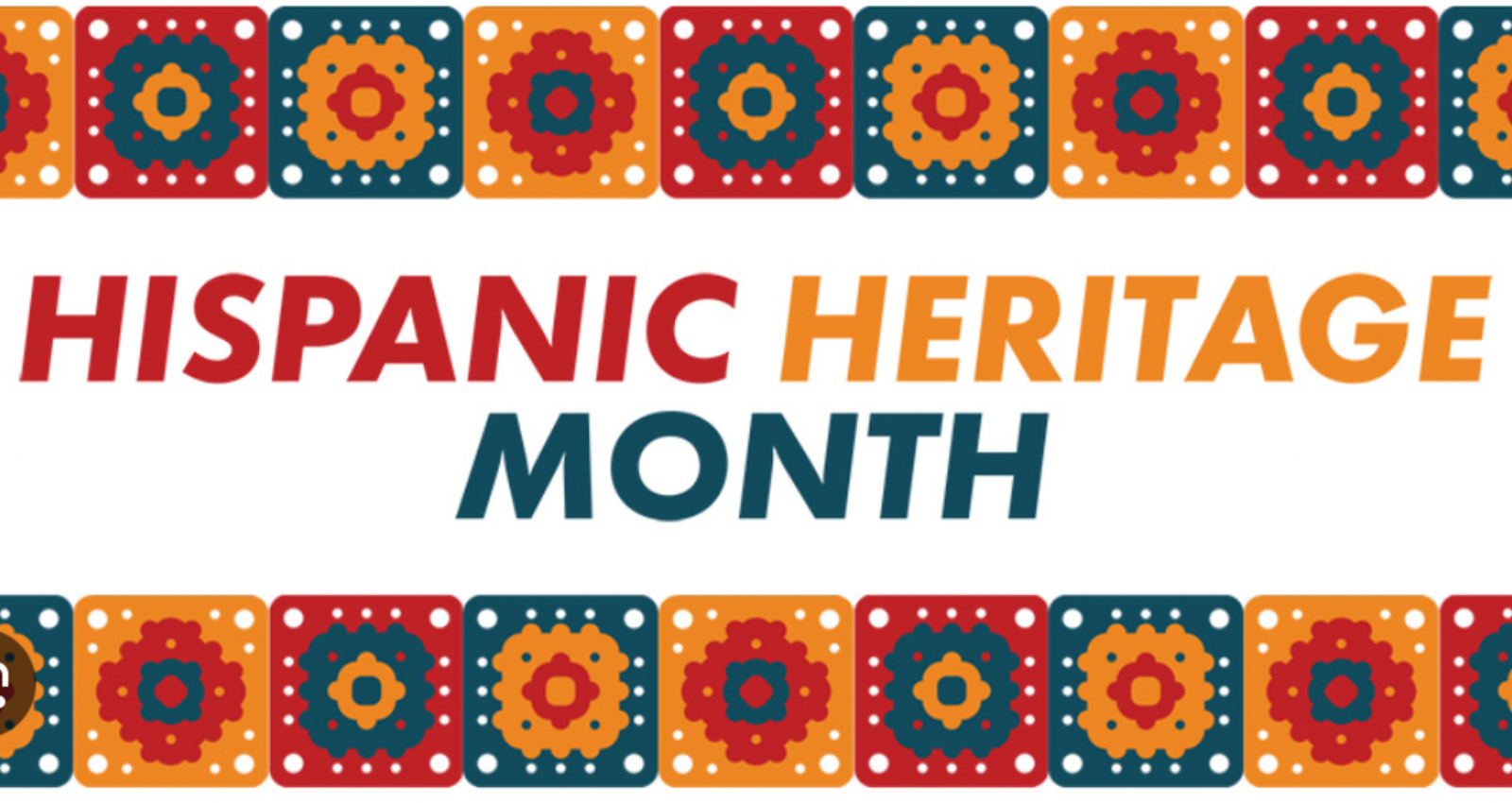


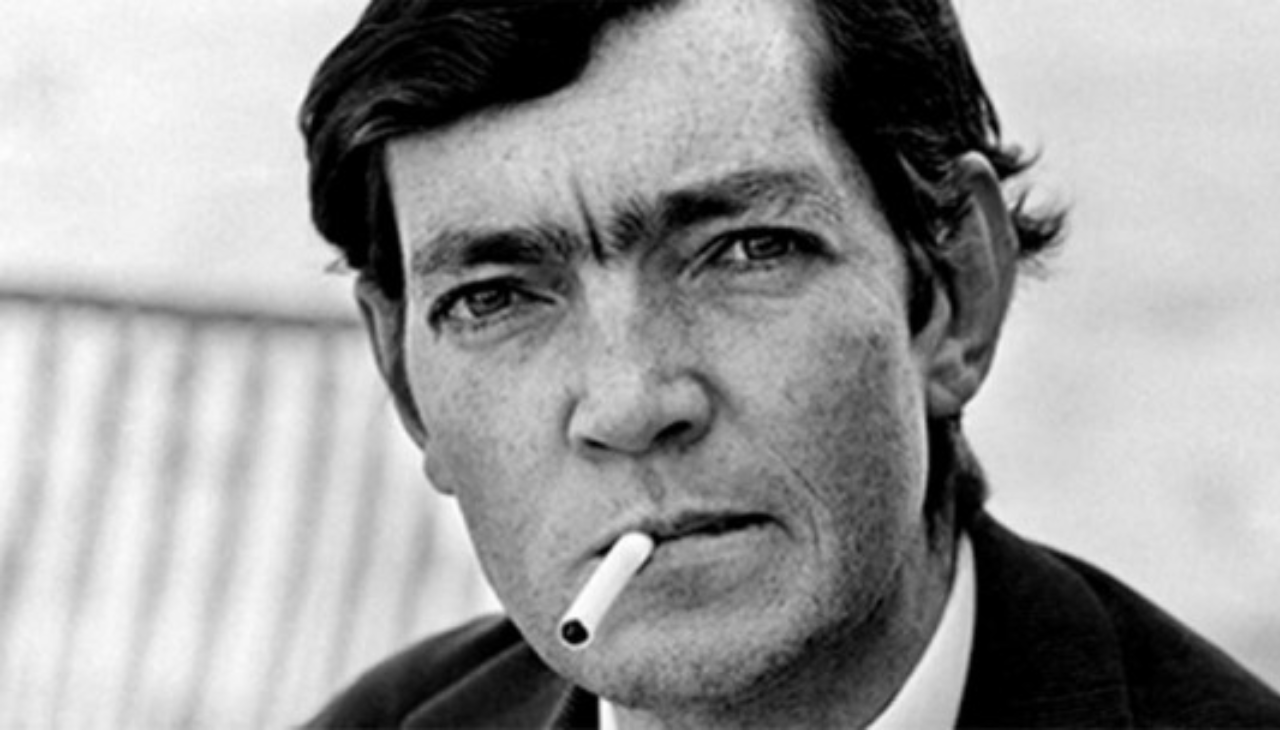
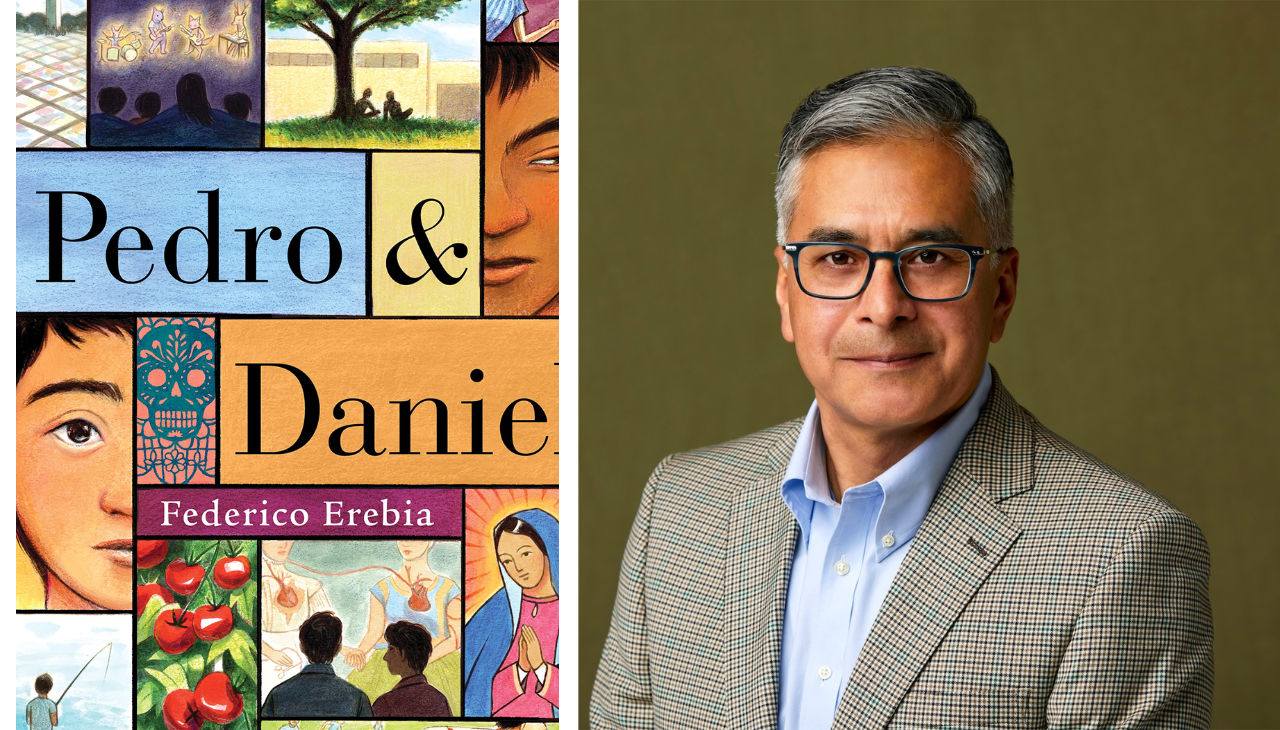
DEJE UN COMENTARIO:
¡Únete a la discusión! Deja un comentario.